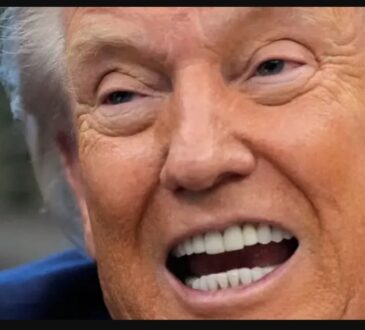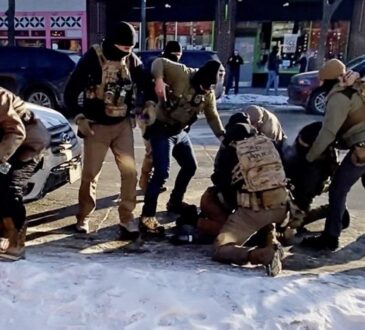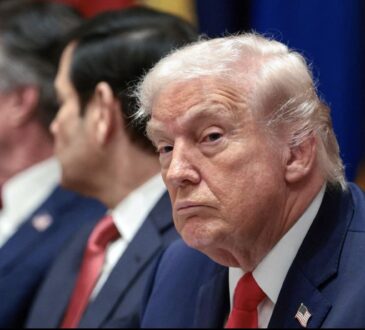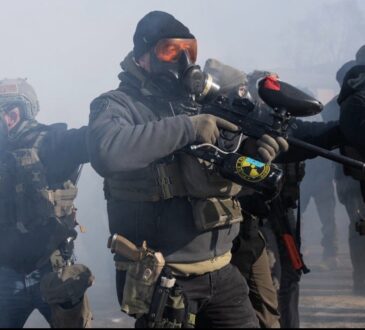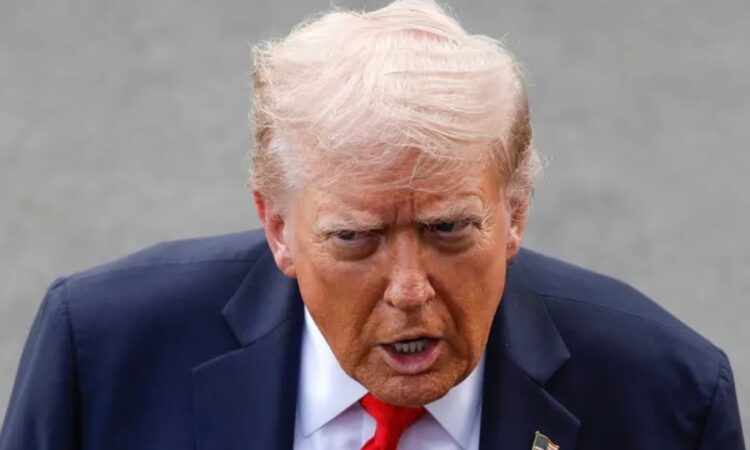
The Trump administration’s recent decision to kill 11 people at sea, allegedly drug traffickers, highlights just how much power the presidency now wields without accountability. What once would have been called a clear violation of U.S. and international law has instead been shielded by a Supreme Court that has steadily expanded presidential immunity and stripped away legal remedies for victims of executive overreach.
Traditionally, America’s system of checks and balances was supposed to ensure no single branch or person stood above the law. Presidents had broad authority but were still bound by constitutional limits, Congress’s oversight, and judicial review.
Yet, over time, the Court has weakened those restraints. In Trump v. United States it ruled that presidents cannot be criminally prosecuted for their “official acts.” While the Court claimed there was a line between “official” and “unofficial,” it gave no clear test, instead warning judges not to “second-guess” presidential decisions. This effectively allows almost anything a president does in the name of their office to be protected by immunity.
Adding to this, the Court’s decision in *Hernandez v. Mesa* refused to allow the family of a Mexican teenager killed by a U.S. Border Patrol agent to sue. The reasoning was that cases involving foreign policy or border security are outside the reach of courts unless Congress explicitly provides a remedy. This combination of doctrines creates a dangerous legal vacuum: presidents can order killings abroad, and the victims’ families have no legal path for justice in U.S. courts.
This is precisely what happened with Trump’s order to execute those aboard the Caribbean boat. The killings were carried out in international waters, outside any declared war, based on intelligence that even some officials described as shaky. Legal scholars and human rights advocates called it a war crime. But the Court’s rulings make it nearly impossible for anyone to hold Trump accountable—no criminal charges, no civil lawsuits, and little political pressure in a deeply divided Congress where impeachment is more symbolic than real.
Vice President JD Vance’s response was telling. Asked about the legality of the strike, he bluntly said he didn’t “give a shit” if it qualified as a war crime. This captures the new reality: the administration knows the Court has given it near-total impunity. Unlike past presidents who at least tried to justify their actions under the law, Trump’s team barely bothered, because they understood no legal institution would stop them.
The effect is chilling. What the Framers of the Constitution feared most—a president acting like a king—is becoming normalized. The judiciary was supposed to protect against this by ensuring that every right had a remedy, a principle Chief Justice John Marshall emphasized in *Marbury v. Madison*. Yet the Court has hollowed out that principle, creating a system where law no longer constrains the president. Everyone else in the country can be sued, prosecuted, or punished for breaking the law, but the president—the most powerful person—sits in a legal bubble.
Some propose reforms like expanding the Court, limiting justices’ terms, or stripping jurisdiction from the federal courts in cases involving immunity. Congress could also pass laws making it clear that presidents are subject to criminal and civil liability like any other citizen. But given partisan gridlock and the Court’s own hostility to such reforms, these measures may go nowhere.
That leaves the country in a dangerous place. If the president can order killings abroad without oversight, pardon allies who commit violence at home, and avoid both civil and criminal liability, then the very idea of the rule of law collapses. Laws exist, but they no longer apply to the one person who holds the most power. Without accountability, democracy risks sliding into what amounts to elective monarchy—where a president rules unchecked until voted out, and even then faces no consequences for unlawful acts.
The tragedy of the Caribbean killings is not only in the lives lost but also in what they represent: a stark reminder that the American legal system, as currently structured, offers no meaningful check on executive power. If law cannot restrain power, then law, in the truest sense, ceases to function. What remains is not government by law, but government by men—precisely what the founders warned against.

